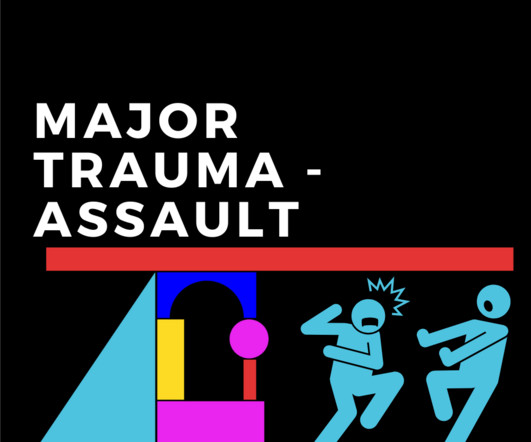ToxCard: Second Generation Antipsychotic Overdose
EMDocs
NOVEMBER 19, 2024
1 Seizures may occur due to lowered seizure threshold. 1,2 Neuroleptic malignant syndrome (NMS) (hyperthermia, autonomic instability, rigidity, altered mental status [AMS]) can occur as well and is most often seen with clozapine but has been observed with other atypicals. 6 Seizures have been observed and are dose-dependent.





















Let's personalize your content